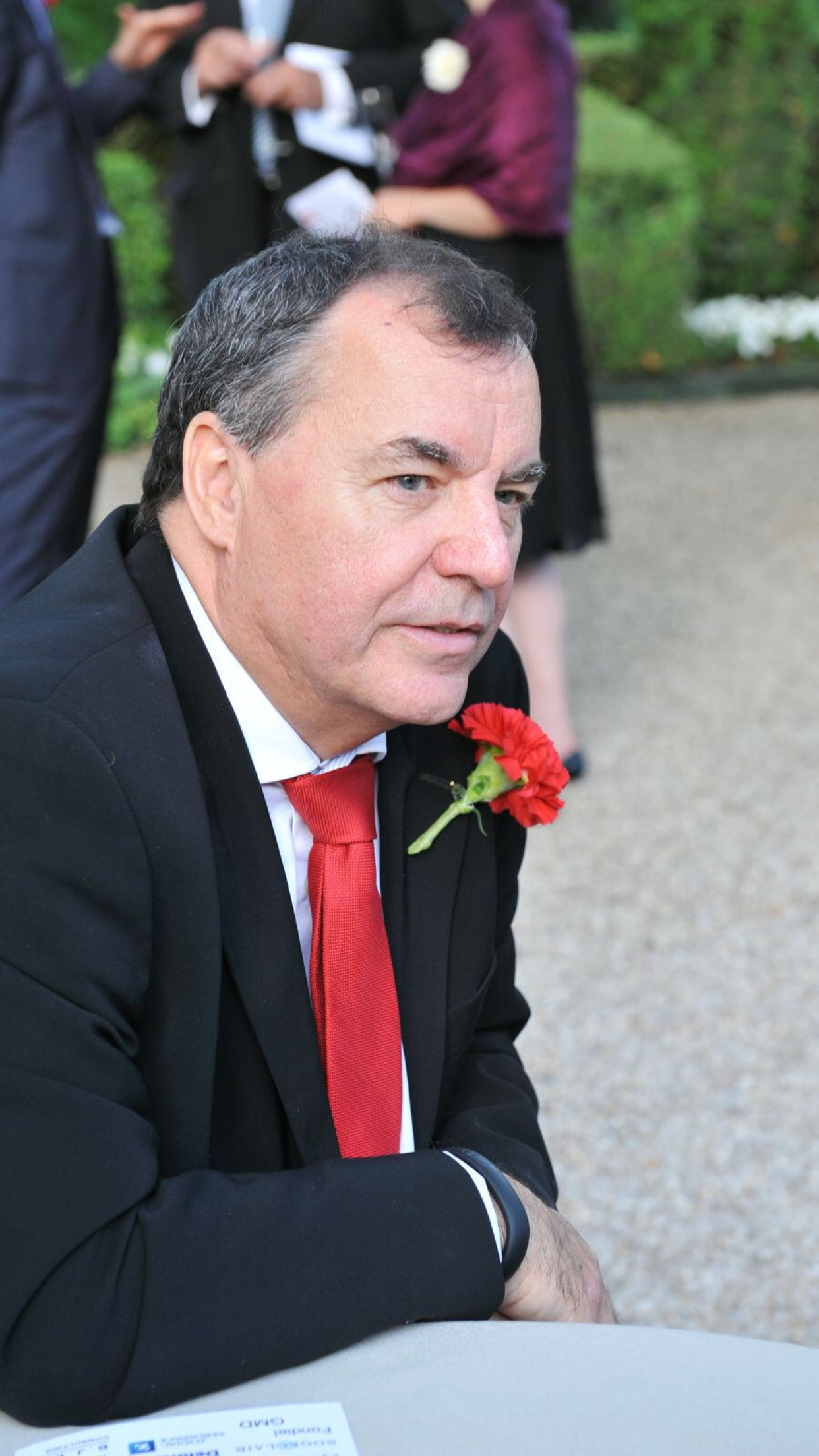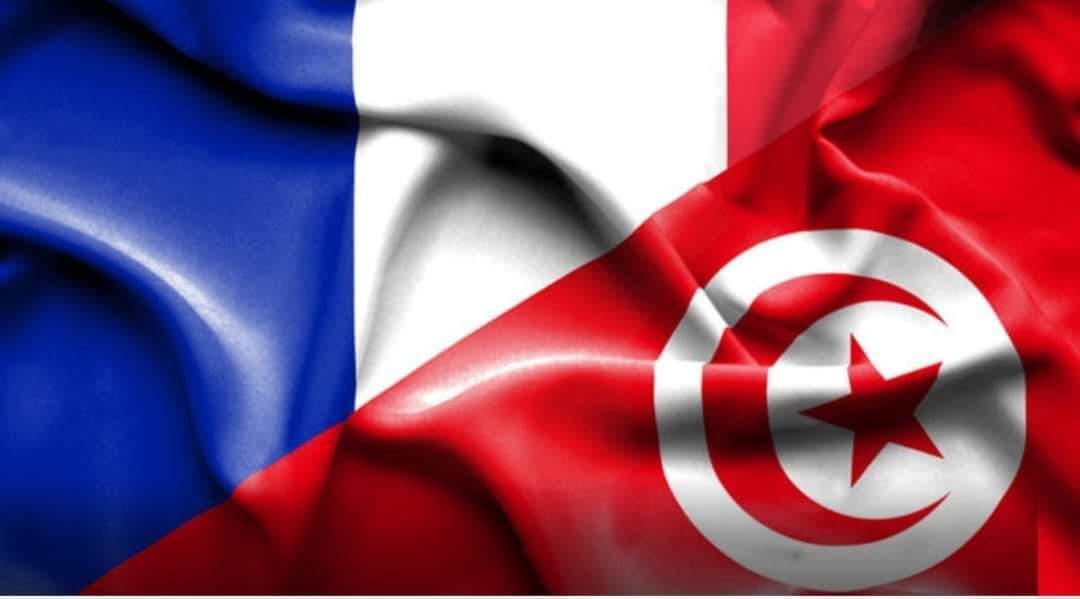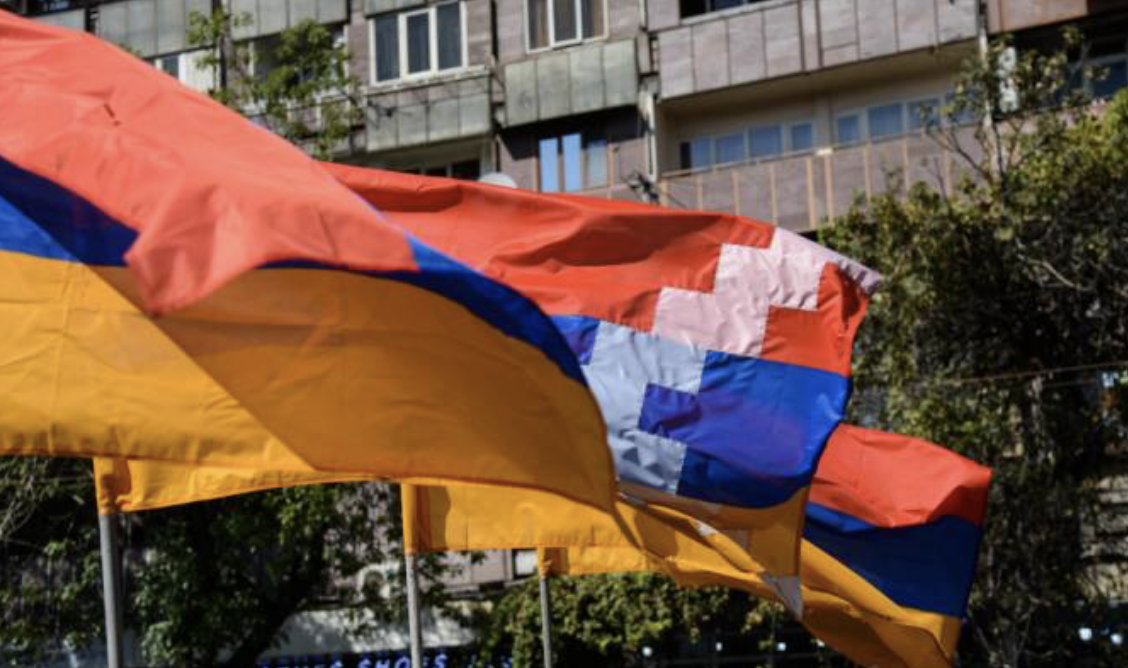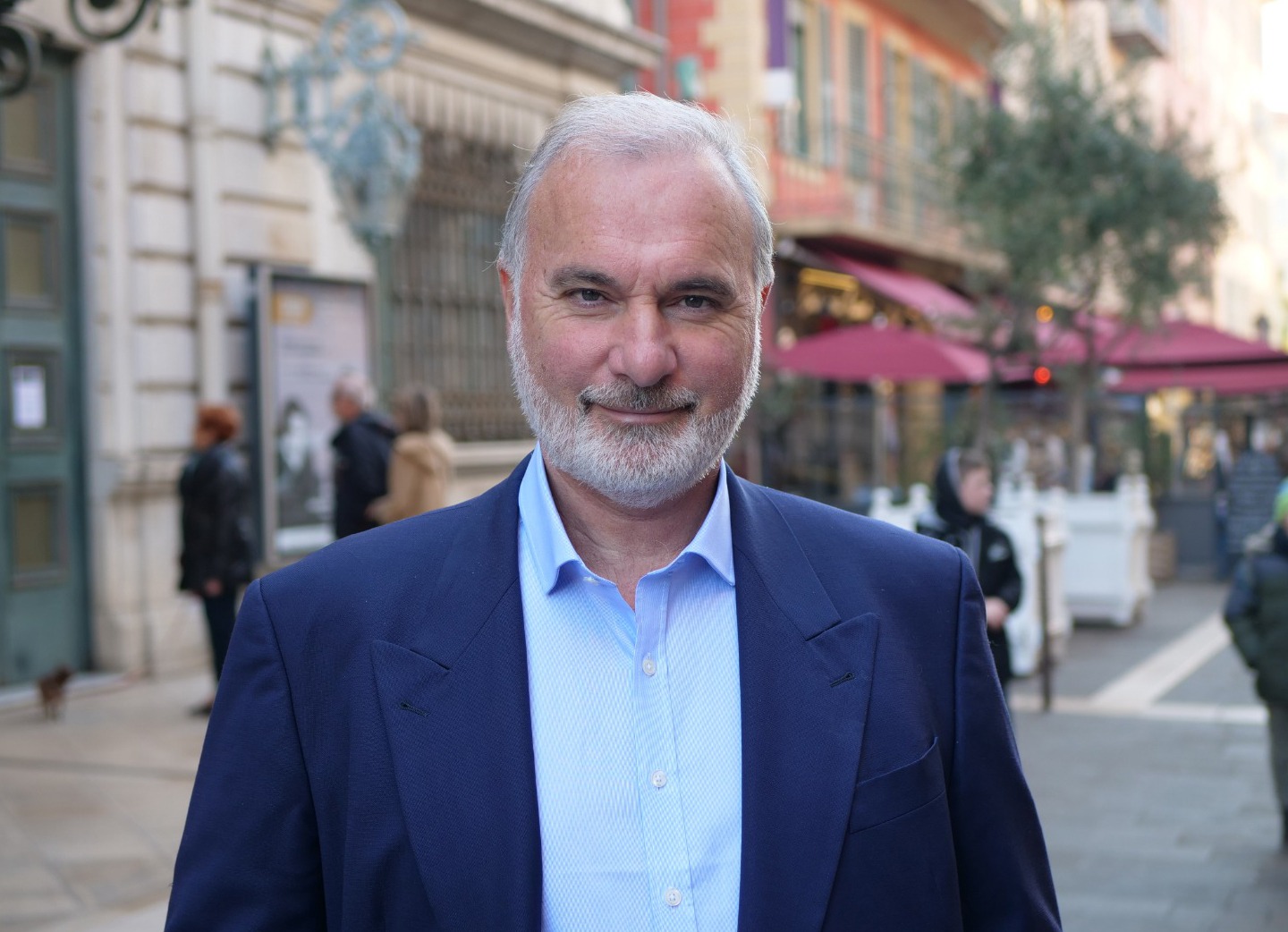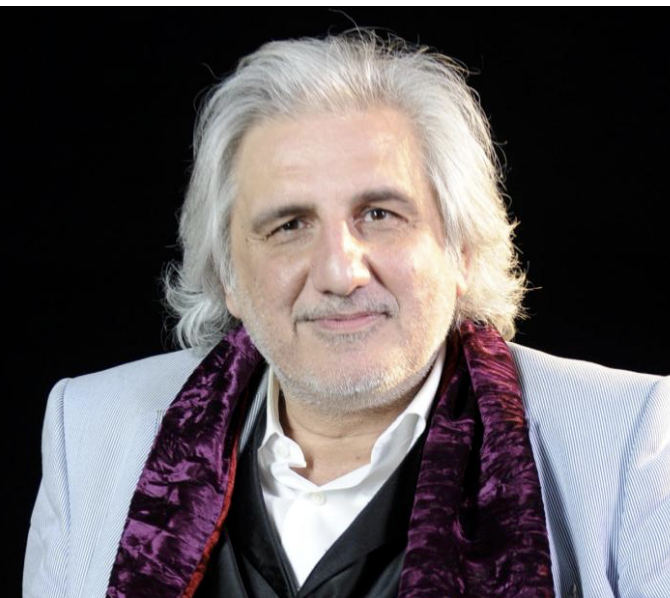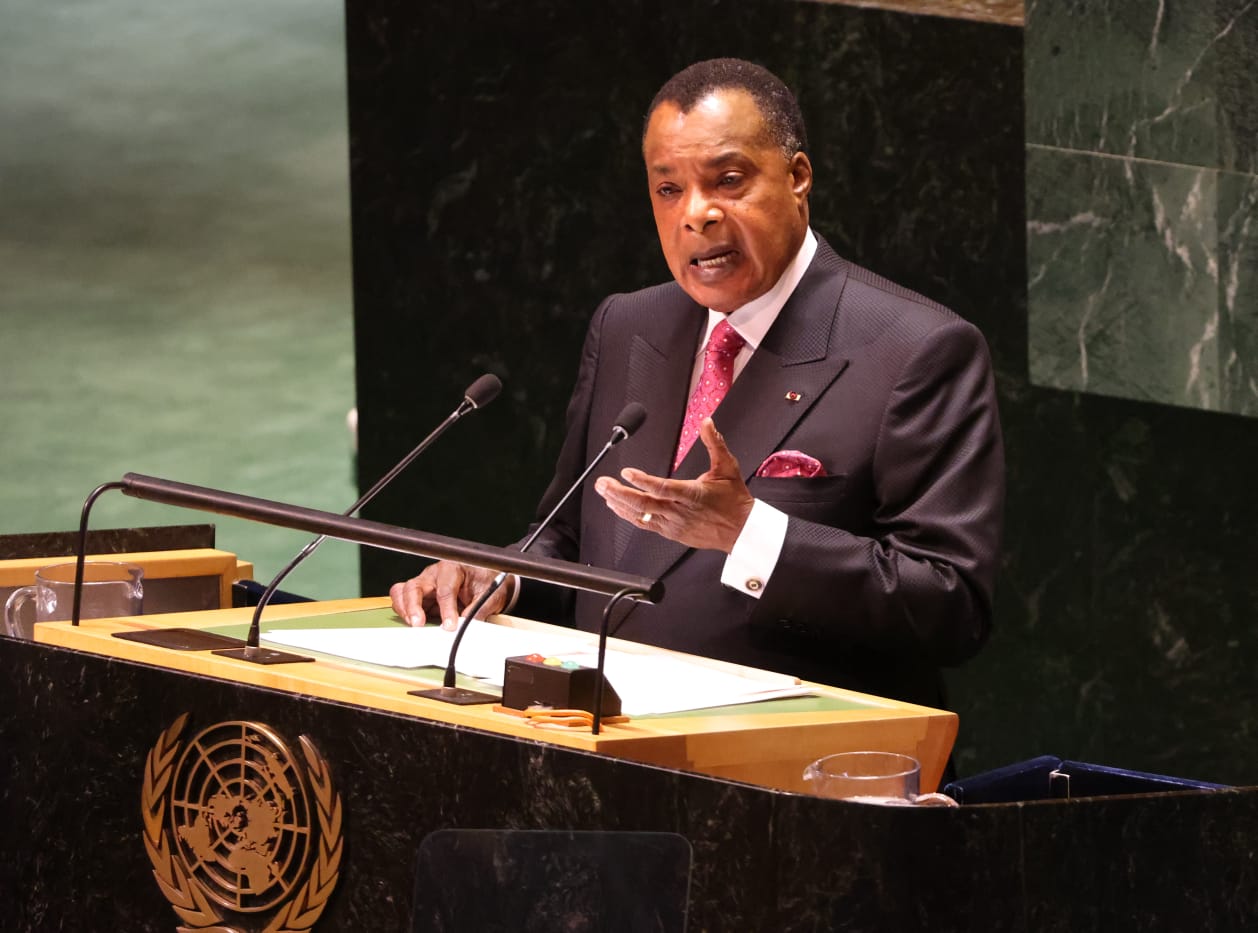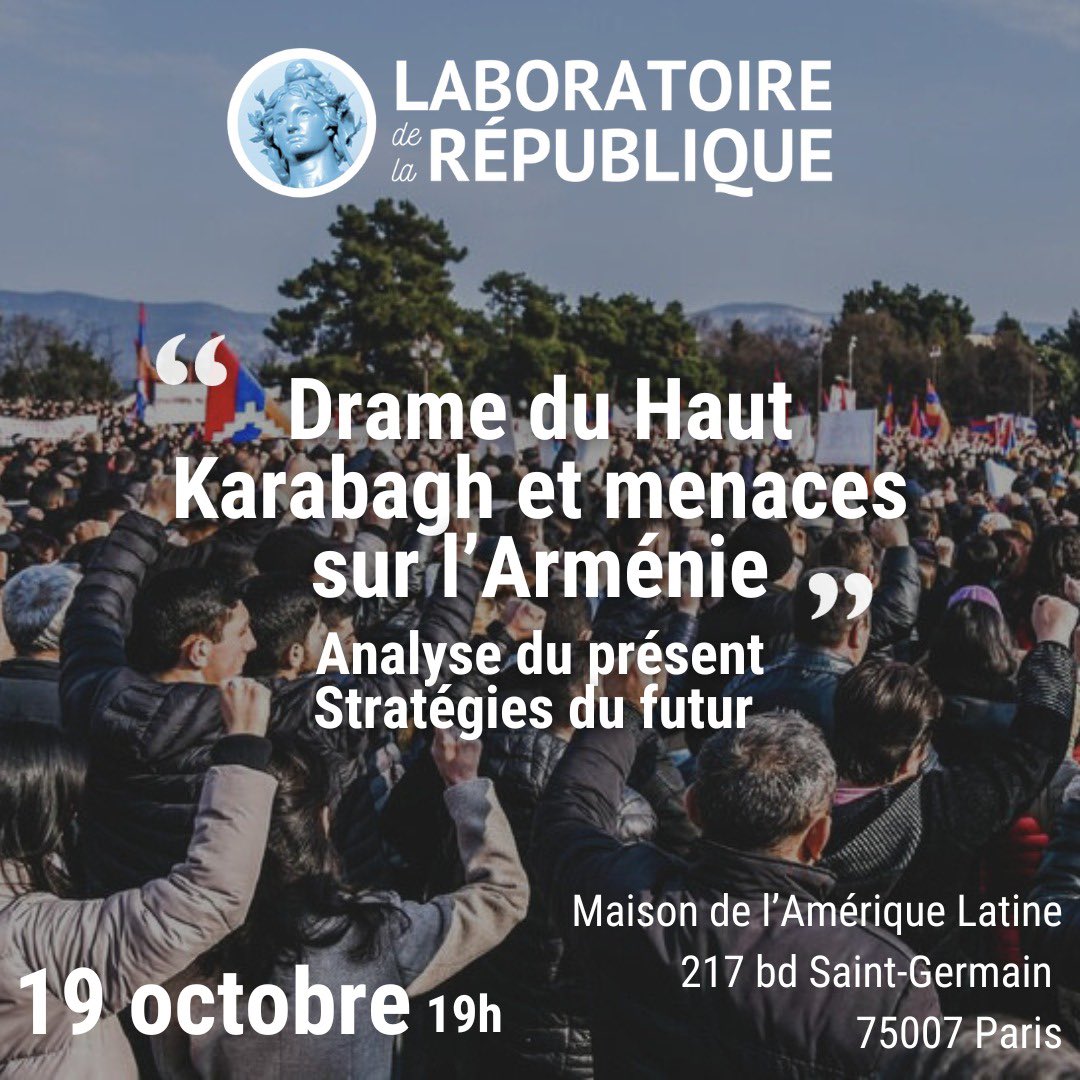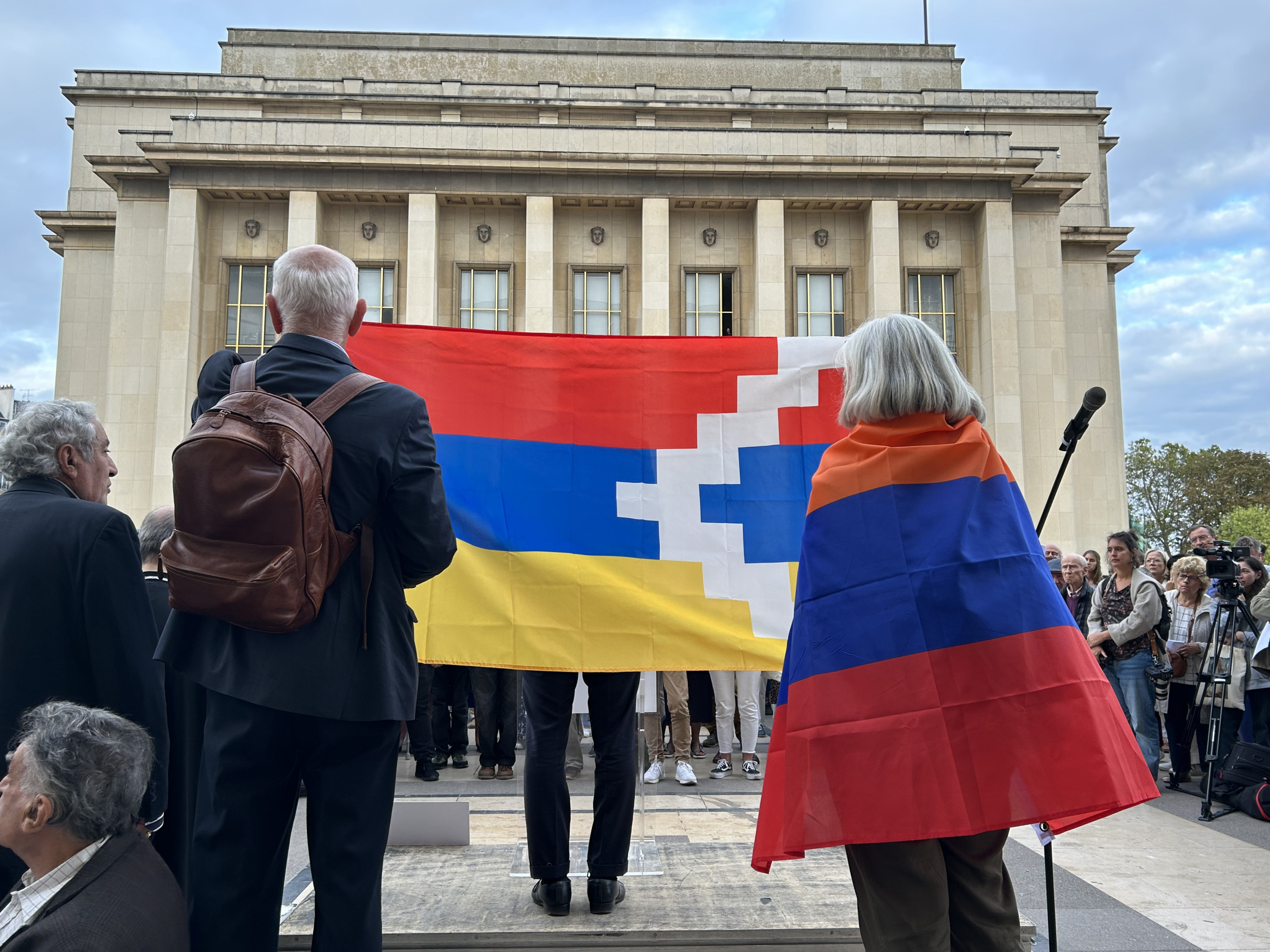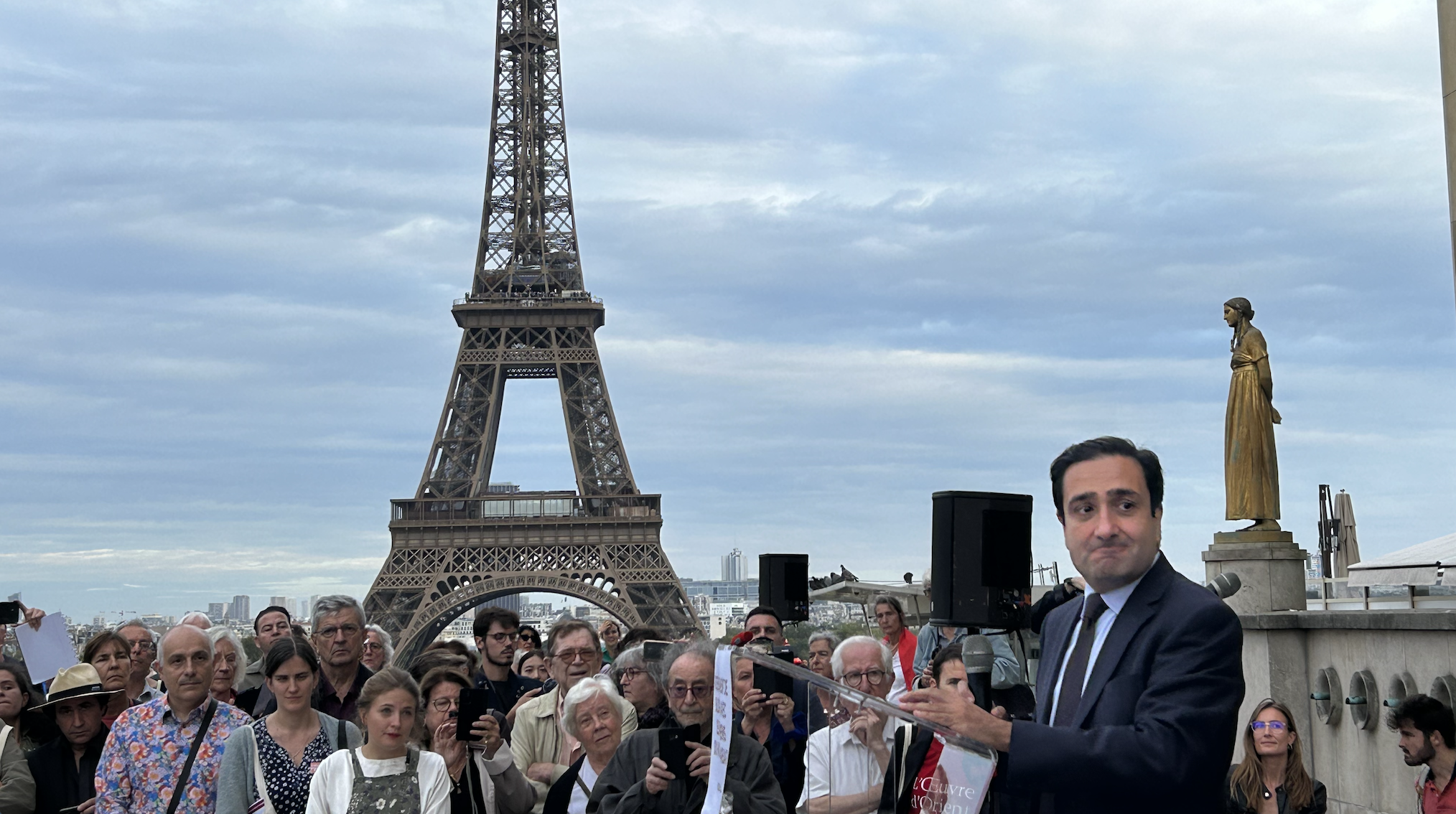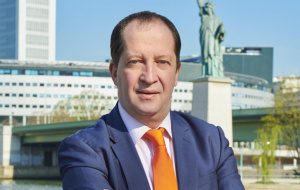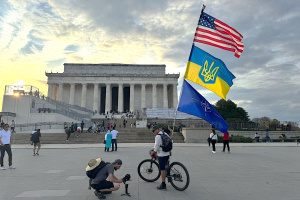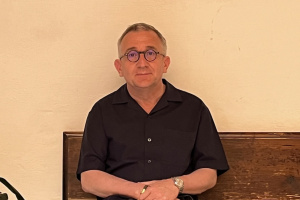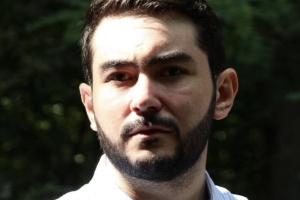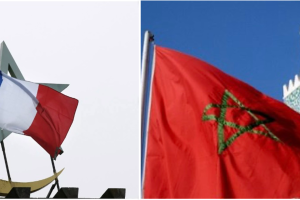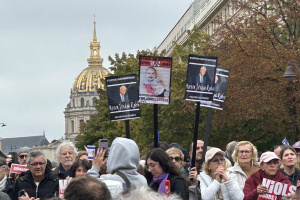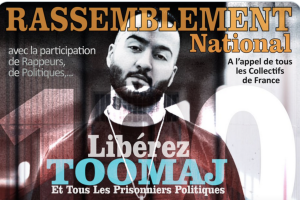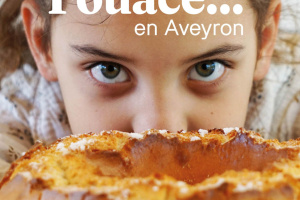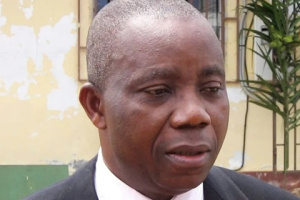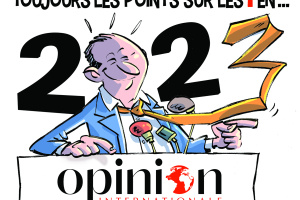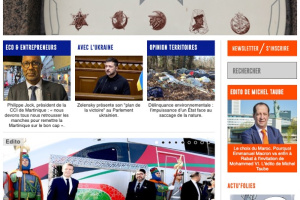There is a sadness shared by many in Ireland to see former Prime Minister Tony Blair face his greatest political challenge ever – the damning Chilcot Report.

We remember the positive role he played in the Irish Peace Process leading to the signing of the Good Friday Agreement in 1998. No British Prime Minister, before or since, has shown the level of engagement and determination that Blair displayed in helping to end decades of civil strife and to seek a solution that was not Brit-centric.
Then it all went so badly wrong. With the emergence of George W. Bush as 43rd President of the United States of America in 2000, the skewing of traditional Labour values by the leader of New Labour accelerated an ideological shift to the right from which the Labour Party has never recovered.
Blair and the Brits knew how to woo the American public and political elite in the immediate aftermath of 9/11. Blair immediately flew to Washington to show British solidarity while the Queen gave permission to the band of the Coldstream Guards to play the American national anthem at Buckingham Palace during the traditional Changing of the Guard.
There was a cocksureness as he made his historic address to a joint session of the US Congress on Capitol Hill on 17 July 2003, less than four months after he had hitched the
British war wagon to Bush’s so-called ‘War on Terror’. “We” Blair boldly declared, “are bound together as never before.”
His address was interrupted 17 times by applauding US Senators and Congressmen, happy to bestow on Blair the mantle of revered international statesman, summoned to validate the second US-led war on Iraq, thirteen years after the first. Blair, and they, were under increasing pressure because their pretext for bypassing the United Nations and going to war in Iraq – Weapons of Mass Destruction (WMDs) – had not, and would not, be found.
As he finished his address a thunderous and prolonged bi-partisan standing ovation was met by his boyish grin of delight. It was, without doubt, the pinnacle of his global statesmanship. Perhaps the most rapturous reception afforded a foreign dignitary by Congress ever.
Then he was off to Tokyo, stepping sprightly up the steps of his waiting aircraft, basking in the afterglow of a great US Imperial benediction. He turned, a broad grin beaming from a happy head, and waved a final farewell to his hosts before the door closed.
It was a very different Blair who emerged through the same aircraft door 14 hours later. Gone was the grin. Gone was the glow. Ashen faced he spoke to the waiting media with a voice that confidence had deserted. He was visibly shaken when a journalist asked, ‘Have you blood on your hands, Mr. Blair?’
Word had come through that one of the UK’s most respected scientists, David Kelly, had been found dead in a wood near his home. While not confirmed, it appeared he had committed suicide. There are some who believe he was murdered. Either way, Blair knew the implications.
While Blair basked in the glory of Capitol Hill, Kelly was bleeding to death. He had been hounded in the weeks before, accused by Blair’s government of leaking to the BBC intelligence dossiers on Iraq that he had contributed to. The BBC contended that the Government had ‘sexed up’ the reports in order to justify their illegal war aimed at finding WMDs. Weapons that did not exist.
Thirteen is not a lucky number for Tony Blair. Thirteen years after the first Gulf War, the second Gulf War – which he championed as George W. Bush’s cheerleader – began. And thirteen years after the second Gulf War, the Chilcot Report delivered its damning verdict on his leadership.
It is clear from the report that he recklessly gambled and lost his potential to be a respected and influential world statesman in the political casino of Capitol Hill. Ever since he ignored popular anti-war opinion, including a majority of Labour Party MPs, and led his country into Iraq, Blair has been a wounded man.
These words are not written with ill-will but with genuine sadness, remembering the positive and historic role he had played in Ireland and might have continued throughout the world.
But that memory pales into insignificance when considered against the backdrop of at least 250,000 lives (mostly civilians) lost, a political vacuum that allowed Islamic fundamentalism to mutate and the destabilisation of the region, the aftershocks of which are still being felt.
While Blair attempts to mitigate his losses in the aftermath of the Chilcot report, pleading that his decisions were made ‘in good faith’, that is no consolation to the families of British soldiers who lost loved ones in an inglorious campaign. Many are calling for him to be prosecuted and will feel that Chilcot, while stopping short of accusing Blair of outright lies, has unearthed enough to justify criminal charges. Certainly, for Blair, Chilcot is not the end. It is just the beginning of another cycle.
I had the opportunity to witness the loss of respect Mr Blair has earned. It was at the end of the State Memorial to the late President Nelson Mandela on December 10, 2013, in Johannesburg.
The year before, in an Opinion piece for the UK’s Observer newspaper, Archbishop Desmond Tutu stated that both Tony Blair and George W. Bush should be taken to the International Criminal Court in The Hague over the Iraq war. “The then leaders of the United States and Great Britain,” Tutu wrote, “fabricated the grounds to behave like playground bullies and drive us further apart. They
have driven us to the edge of a precipice where we now stand – with the spectre of Syria and Iran before us.”
At the end of the Mandela memorial Blair discreetly approached Tutu sporting his boyish grin with the hand of friendship extended, suggesting that he held no grudge against the old man for what he had written the year before. Tutu was less effusive, cordially but coldly greeting the former British Prime Minister. Blair indicated he would like to have a photograph taken with the 1984 Nobel Peace Prize winner and went in search of a photographer. He had no sooner turned around when Tutu disappeared.
Fourteen years ago, this month, Tony Blair sold his political soul to George W. Bush when he gave the Texan cowboy a blank cheque in just seven words: “I will be with you, whatever”. “Whatever” can now be calculated in an estimated loss of at least 250,000 Iraqi (mainly civilian) lives; incalculable injuries; and the displacement of between 3 and 5 million men, women and children from their homes. And this without the reckoning of – “whatever” – the geo-political trauma the Blair-backed and US-led war had in the region and worldwide.
Thirteen years ago, this month, Blair was happy to hide in the royal ‘we’ when he told the US Congress: “Let us say one thing. If we are wrong, we will have destroyed a threat that, at its least, is responsible for inhuman carnage and suffering. That is something I am confident history will forgive.”
Will it? Tutu and Chilcot suggest otherwise.
“Whatever”?
Don MULLAN
Auteur irlandais du best-seller « Eyewitness Bloody Sunday », Don MULLAN est activiste et défenseur des droits humains, Professeur en résidence à Drew University New Jersey, Etats-Unis, dans le département « Religions et Résolution de Conflits », Président adjoint du Programme mondial de la Jeunesse (UNESCO), Conseiller de la Délégation aux Droits de l’Homme du CEPS.








